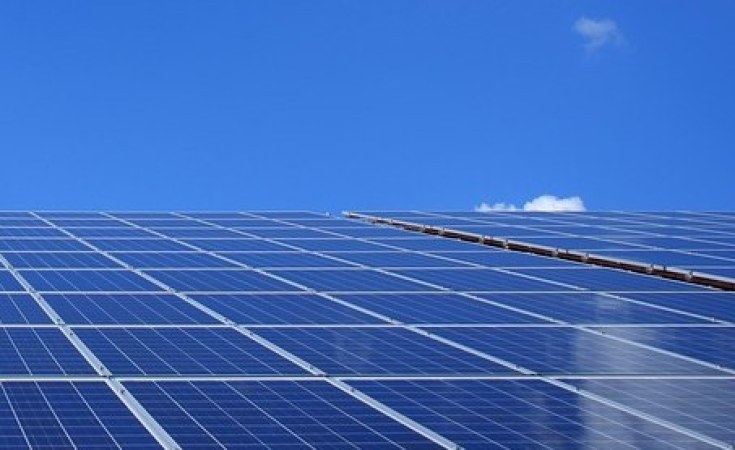Freetown — Liberia has signed a financing agreement with the International Development Association for the production of an additional 60MW of renewable energy geared toward further solving the country's energy crisis.
The project is an initiative of the World Bank under the Regional Emergency Solar Power Intervention Project (RESPITE). It is a US$311 regional program supported by the World Bank to scale up electricity access to millions of existing and prospective consumers in Chad, Liberia, Sierra Leone, and Togo through rapid deployment of grid-connected renewable energy.
The Minister of Finance and Development Planning, Samuel D. Tweah, signed on behalf of the Government of Liberia.
At the signing ceremony which was co-hosted by the World Bank and the Government of Sierra Leone in Freetown, Min. Tweah extended appreciation to the World Bank for increasing financing to Liberia and other countries to tackle infrastructure challenges in the Sub-Saharan region.
According to him, Africa will go nowhere if it cannot close the large infrastructure gap. He said, the World Bank has been instrumental in responding to this legacy challenge on the continent and encouraged the Bank to do more.
For his part, the Chairman of the Board of Directors of the Liberia Electricity Corporation (LEC), Monie Captan, said Liberia will receive US$96 million of the US$311 million financing package for Liberia Sierra Leone, Chad and Togo.
"We will procure a 20MW solar plant that will be located at Mt. Coffee, this will help alleviate dry season challenges and provide affordable energy. Mt. Coffee will be expanded by an additional 40MW," he said.
Sierra Leone's Minister of Energy, Alhaji Kanja Sesay, Sierra Leone was delighted to host the Inaugural Meeting of the Regional Technical Committee and RESPITE Coordination Unit.
Mr. Sesay commended the efforts of sister countries like Liberia, Chad, and Togo and the role of international partners like the World Bank and the West Africa Power Pool, adding that he was happy to have seen commitment in them with a view to fostering collaboration.
"In a very short time, we have been able to come together to initiate an impactful energy project that would scale up renewable power generation and improve capacity for regional power trade," he said.
The Sierra Leone Minister of Energy said that the presence of and composition of the delegations from various countries and international institutions speaks volumes of the importance each of them places on the roundtable conference and signing ceremony.
"We congratulate and thank the World Bank and the International Finance Corporation, for the coordinated IFC/World Bank solution. This initiative that included accelerated Board approval for funding and implementation is a sea-change for the Bank in its efforts to address energy poverty and to promote the rapid transitioning to renewable energy as a baseline,"Mr. Sesay remarked.
Mr. Sesay concluded by describing energy as the lifeblood of African economies.
Director of Regional Integration at the World Bank, Madam Boutheina Guermazzi, said she felt highly honored and privileged to be at the ceremony, describing the occasion as one that brings all of them together to discuss complete ways to achieve universal energy access for the economic transformation of West Africa.
She said the Bank was happy to see the signing ceremony take place just one month after the Board had approved it. Madam Guermazzi thanked the Government of Sierra Leone for initiating and hosting the meeting under the leadership of His Excellency President Julius Maada Bio.
"This geopolitical commitment demonstrated by all countries represented here today is a good motivation for all of us and is key for the project's success, "she noted.
She concluded by cataloging the Bank's support to Africa's renewable energy drive, noting the drive had provided over $100 million of technical assistance to WAPP in West Africa and has also committed over $400 million to support deeper energy sector reforms.
The Regional Emergency Solar Power Intervention, RESPITE, which is dedicated to addressing regional challenges, increasing IDA allocations, reducing fiscal impact, alleviating the electricity supply crisis, and supporting energy transition, is an emergency response to the Russia-Ukraine war with 100 percent climate co-benefits and a proposed 75 percent disbursement over a year.


